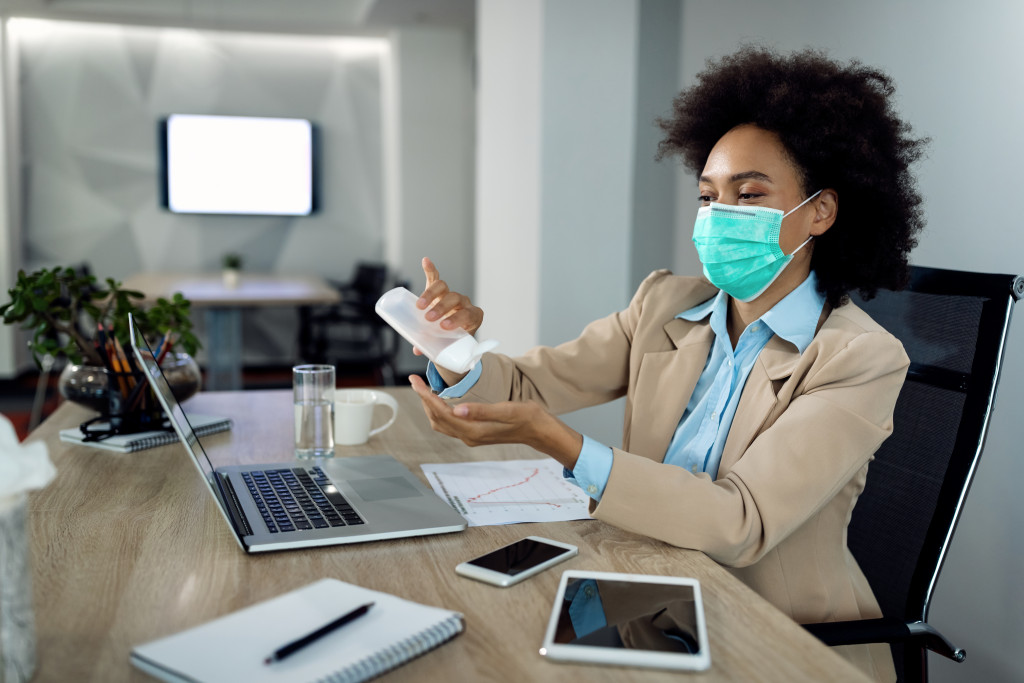It’s no secret that good personal hygiene is key to preventing the spread of disease and maintaining overall health. However, many people still don’t know how to practice good personal hygiene safely and effectively. This guide will teach you how to keep yourself clean and healthy using simple, easy-to-follow steps. Following these tips will ensure you avoid any health complications arising from poor hygiene. So here are six tips to get you started on the road to safe personal hygiene practices:
1. Wash Your Hands Regularly and Thoroughly
Handwashing is one of the most critical steps to protect yourself and others from illness. Yet, according to the Centers for Disease Control and Prevention (CDC), only about half of Americans wash their hands regularly. Furthermore, many people do not wash their hands properly.
To ensure safe personal hygiene practices, it is vital to wash your hands regularly and thoroughly. Be sure to wash your hands after contacting any potentially contaminated surfaces, such as doorknobs, countertops, or handrails.
2. Keep Your Ears Clean
Your ears produce some wax-like substance called ear wax. This ear wax is vital to prevent damage to the ear. However, ear wax is good only in small amounts. If the ear wax accumulates, it can lead to hearing problems. It can also be very gross.
You can clean your ears in multiple ways, such as with the help of water, wipes, tissues, etc. However, the best way to clean ear wax is through micro-suction. You can book an appointment with an ear micro-suction service practitioner to eliminate the accumulated wax. These practitioners have the tools to remove ear wax and debris from the ear canal safely.
3. Use Hand Sanitizer
Hand sanitizer has become essential to many people’s daily hygiene routine. However, it is important to use hand sanitizer correctly to ensure it is effective. The CDC recommends that it is ideal to use a hand sanitizer that has at least 60% alcohol content. It is also important to rub the sanitizer over all surfaces of the hands and fingers until the hands are completely dry.

Hand sanitizers are most effective in conjunction with other safe hygiene practices, such as washing hands with soap and water and avoiding touching the face.
4. Avoid Touching Your Face
Touching your face is one of the most common ways to spread germs and bacteria. When you touch your eyes, nose, or mouth, you are essentially transferring whatever harmful microbes you may have come into contact with onto these highly sensitive areas of your body. This is why it is essential to practice safe personal hygiene and avoid touching your face as much as possible.
One way to do this is to carry a handkerchief or tissue and use it to cover your face when you sneeze or cough. You should also wash your hands regularly and avoid touching high-traffic areas like door handles and handrails.
5. Practice Safe Food Handling
Food poisoning is a common but often preventable illness. Each year, millions of Americans suffer from foodborne illnesses, and many of these cases could have been avoided with proper food handling and hygiene practices. It is important to remember that food safety starts with personal hygiene.
Wash your hands thoroughly and often, especially after using the restroom, handling raw meat, or changing diapers. In addition, keep work surfaces clean and free of clutter. If you are ill, do not prepare food for others. Finally, cook food thoroughly and avoid cross-contamination by separating raw and cooked foods.
6. Get Regular Health Screenings
Maintaining good personal hygiene is essential for protecting yourself and others from illness. However, didn’t you know that poor personal hygiene can also lead to dangerous health problems? That’s why it’s so important to get regular health screenings.
By getting screened regularly, you can ensure that you are following safe personal hygiene practices. For example, screening can help identify potential problems such as poor handwashing practices or not showering often enough. In addition, regular screenings can also help to catch more severe health problems before they become a danger to your health.
Overall, it is crucial to practice safe personal hygiene to protect yourself and others from illness. There are several simple steps that you can take to ensure safe personal hygiene practices, such as covering your mouth and nose when you sneeze or cough, washing your hands regularly, and cleaning surfaces regularly. In addition, be sure to practice safe food handling and get regular health screenings. By following these simple guidelines, you can help to ensure that you and your family enjoy a safe and healthy life.